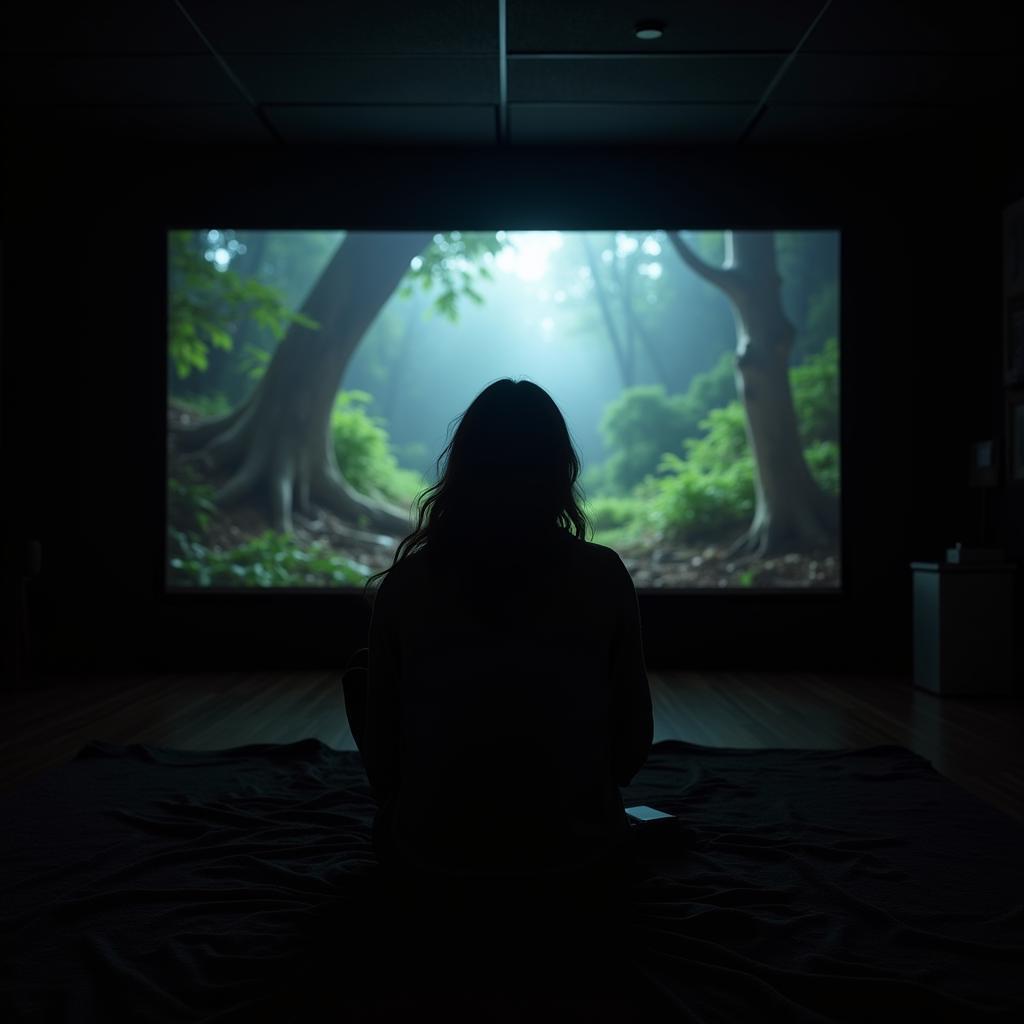Recent IELTS speaking test data shows that describing documentaries is becoming increasingly common, particularly in Part 2. This topic allows candidates to demonstrate their knowledge of current affairs while showcasing their English language abilities.
Part 1: Introduction Questions About Documentaries
Common questions include:
- Do you enjoy watching documentaries?
- What types of documentaries interest you the most?
- How often do you watch documentaries?
Sample answer (Band 8-9):
“I’m particularly fascinated by documentaries, especially those about nature and wildlife. I make it a point to watch at least one documentary weekly, as I find them both educational and enlightening. Recently, I’ve been drawn to series produced by National Geographic because they offer profound insights into environmental issues.”
Similar to describe a film that changed your view on a social issue, documentaries can significantly impact our perspectives on various topics.
Part 2: Cue Card
Describe a famous documentary you recently watched
You should say:
- What it was about
- When and where you watched it
- Who you watched it with
- And explain why you found it interesting
Sample Answer (Band 8-9):
“I’d like to talk about ‘My Octopus Teacher,’ a compelling documentary I watched on Netflix last month. This groundbreaking film follows Craig Foster, a filmmaker who develops an extraordinary bond with an octopus in the South African kelp forest.
I deliberately chose to watch it alone in my study one evening, as I’d heard it required complete immersion to fully appreciate its depth. The documentary masterfully captures the incredible intelligence of octopi and their ability to form emotional connections.
What particularly struck me was how the filmmaker dedicated an entire year to visiting this octopus daily. The way he documented their growing relationship was both scientifically fascinating and emotionally touching. The film brilliantly illustrates the delicate balance of marine ecosystems and our connection to nature.”

For those interested in describe a historical event that you find fascinating, documentaries often provide excellent historical perspectives.
Part 3: Discussion Questions
Q1: How have documentaries changed in recent years?
Sample answer (Band 8-9):
“Documentaries have undergone a remarkable transformation in recent years. They’ve become more interactive and immersive, often incorporating cutting-edge technology like drone footage and CGI. The storytelling techniques have also evolved, making complex subjects more accessible and engaging to broader audiences.”
Q2: Do you think documentaries can influence people’s behavior?
Sample answer (Band 8-9):
“Documentaries can undeniably shape public opinion and behavior. For instance, environmental documentaries have sparked significant changes in how people view plastic consumption and climate change. They serve as powerful catalysts for social change by presenting compelling evidence and emotional narratives that resonate deeply with viewers.”
Just as with describe a movie that made you emotional, documentaries can evoke strong feelings and inspire action.
Key Vocabulary and Expressions
- Compelling narrative /kəmˈpelɪŋ ˈnærətɪv/ (adj.+n.) – A powerful and engaging story
- Groundbreaking /ˈgraʊndbreɪkɪŋ/ (adj.) – Innovative; pioneering
- In-depth exploration /ɪn depθ ˌekspləˈreɪʃn/ (phrase) – Thorough investigation
- Thought-provoking /ˈθɔːt prəˌvoʊkɪŋ/ (adj.) – Stimulating careful consideration
- Visual storytelling /ˈvɪʒuəl ˈstɔːritelɪŋ/ (phrase) – Narrative conveyed through images
Similar to describe a new hobby you are considering, discussing documentaries allows you to express personal growth and learning experiences.
Examiner’s Tips
- Structure your response clearly with an introduction, main points, and conclusion.
- Use specific examples from the documentary to support your points.
- Demonstrate critical thinking by explaining why certain aspects impressed you.
- Include a mix of simple and complex sentence structures.
- Incorporate relevant vocabulary from the documentary’s subject matter.